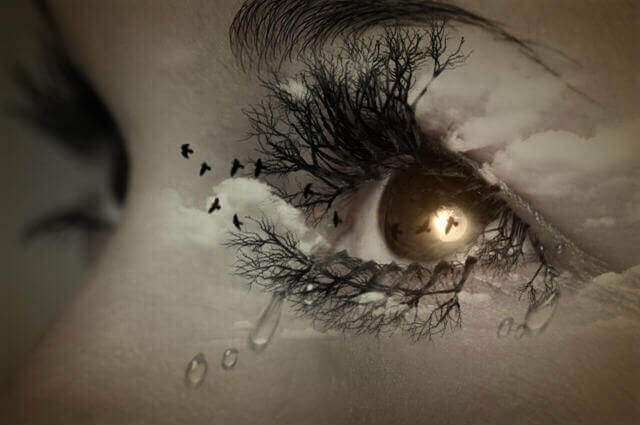People have the ability to evoke situations lived through memories, words and places, when we focus our mental attention on misfortunes, bad memories and what did not go as planned, in what causes us discomfort, in what we cannot solve and to what we do. Don’t stop, we give all this a chance to cause us recurring and infinite damage.
Today, concern can be considered an epidemic. Approximately 60% of patients who go to their family doctor complain of anxiety-related problems. We certainly have a lot to fear, but sometimes we fill this bag with many useless illusions.
- Research shows that 40% of concerns relate to events that will never happen.
- 30% are due to events we think about often but have already happened.
- And 22% are about something that is about to happen.
As research shows, the problem is that most of the concerns we have are about things that never happen or have never happened, when we cling to our misfortunes we cause a change in the current mood, with many distortions that are risk factors for diseases such as anxiety and depression.
Negative situations have been, are and will be a constant in our lives, we will always have something we do not like, but the key is how to face them and overcome them with thoughts adapted to our reality.
According to Antonio Jorge Larruy, one of the great obstacles that today’s society faces in finding happiness is that people seek happiness in the wrong place, an example is a Filipino people with a high poverty rate and whose territory is most affected by natural disasters. According to the Center for Disaster Research and Epidemiology, it is the happiest place in the world, ahead of multimillion-dollar cities like Monte Carlo.
Perhaps the secret is to live the day without worrying about whether a hurricane has ended or ends at home, and basing its existence on a vast network of social and family support, on the other hand, consumerist pressure, isolation, stress and importance We stick to the past and the future in interconnected societies prevent us from enjoying the present.
When our mind is lost in the past or in the future, our brain is anesthetized and we activate the area of the right prefrontal cortex where the emotions that hurt us are housed. Prestigious American universities, such as MIT and Harvard, point out that the concentration of thoughts in the present opens up new channels in our left prefrontal cortex, experiencing more positive emotions.
Thich Nhat Hanh, Zen teacher, peace activist and Nobel prize nominee, argues that living in the present moment is the only real way to find peace in oneself and in the world. Most of the diseases we suffer are negatively influenced by our pain or lack of mental control, which create imaginary worlds far from the present, almost always destructive.
To educate automatic thoughts, it is necessary to observe what is happening in our minds without judging or getting stuck in our thoughts. If we are fully established in the present, as Thich Nhat Hanh invites us, “we do not have to pursue whims like power, fame or other pleasures. “

